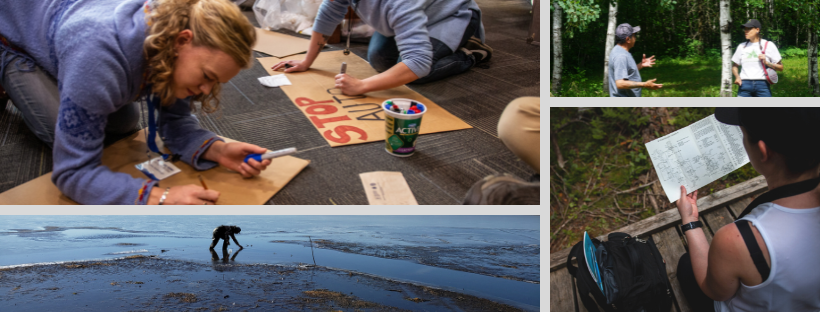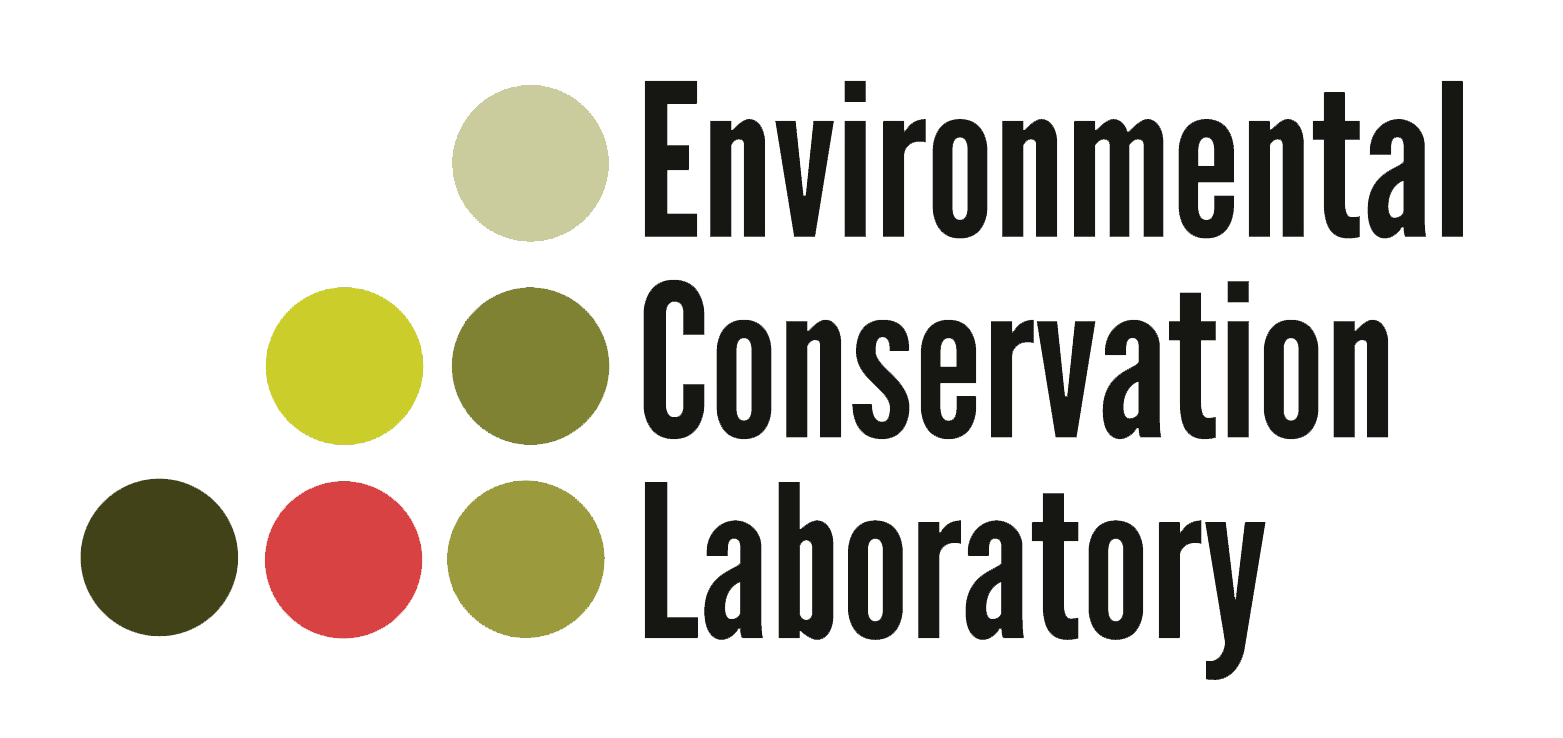Courses
Along with advising various undergraduate honours students, as well as Masters and PhD candidates, Dr. Stephane McLachlan teaches a wide range of course offered at the University of Manitoba. For more information on regular course offerings taught by Dr. McLachlan continue reading below, or consult the University of Manitoba Course catalogue

Applied Qualitative Research: Making a Difference
3 Credit hours
This course will provide you with a theoretical and applied understanding of qualitative research and how it might contribute to social change as well as environmental and social justice. The qualitative paradigm will be presented as complementary to its quantitative counterpart rather than contradictory and competitive, and we will also briefly explore mixed methods research that incorporates both quantitative and qualitative data. We will contrast a number of diverse approaches to qualitative research, exploring how they differ theoretically and pragmatically. We will also develop a variety of applied skills used in qualitative research, including individual and group interviews, submitting proposals for ethics review, combined use of qualitative and survey-based research results, and the use of computer software for data analysis. We will highlight the rationale and pragmatics of qualitative research that operates out of Manitoba and elsewhere, in part reflecting qualitative research conducted through the Environmental Conservation Lab and by inviting guest researchers to engage with the class. Over the course of the semester, a focus on community/graduate based and action research will emerge. This combination of theory and applied skills, will allow students to conduct qualitative research projects, liaising with NGOs and community groups. Those interested in pursuing these projects over the winter as project courses will be encouraged to do so.
Living Rural Communities and Environments
6 credit hours
The course examines the relationship between food production, rural culture, and the environment. Students visit multiple farms for an up-close experience with their food system and a comparative look at different approaches to agriculture. Talking with local business owners and entrepreneurs, students are given a unique perspective on how rural communities like Clearwater are reinventing themselves. The course combines lectures and field visits with unique hands-on projects that have a meaningful impact on Clearwater and the Harvest Moon Learning Centre. Evening sessions are full of opportunities to learn new skills, such as canning and bread-making, taught by local Clearwater residents.
ENVR 3110 Environmental Conservation and Restoration
3 credit hours
Conservation and Restoration’ is the first of two conservation-oriented core courses offered by the Environmental Science and Studies program. We will focus on the science of conservation and restoration, their implementation in the “real world” and some recent alternatives that complement and, in some cases, undermine these science-based approaches. Subsequently, we will evaluate some of the more radical and often marginalized approaches to conservation that require fundamental changes in the way we perceive our environments and one another. In this course will initially discuss conservation in a North American context and the role of wilderness in perceptions of nature (introduction), then examine science-based conservation (convention), evaluate generally accepted restoration strategies as a response to environmental decline (convenience), and introduce more recent community-based responses, especially those of Indigenous Peoples (contention). Although this course is interdisciplinary in approach, it will emphasize biological and community-based approaches to conservation and restoration (my bias). However, there will be much flexibility for you to tailor the course to conform to your own needs and interests (through written assignments and posters). The emphasis is on in-class work, and only 20% of the mark is exam-based. My teaching philosophy is that learning should be a participatory, creative, and emphasize critical thinking. Thus, much of the course work will involve discussion and collaborative (2-4 people) assignments. In-class discussion will also be emphasized.
ENVR 4110 Critical Thinking and the Environment
3 credit hours
Critical Thinking” is the second of two conservation-oriented core courses offered by the Environmental Science and Studies Programme. In previous years, we combined an emphasis on local, experience-based knowledge and alternative strategies. Now I also give greater emphasis on globalization and some of the recent grassroots responses, as well as introduce some new topics, in particular environmental education. However, we will continue to recognize that many of the most promising strategies lie at the margins of science; indeed, some are explicitly anti-science. This course is interdisciplinary in approach and, following my biases, will emphasize the importance of local, community-based viewpoints. However, there will be much flexibility for you to tailor the course to conform to your own needs and interests. The emphasis is on in-class work, and only 20% of the mark is exam-based. My teaching philosophy is that learning should be a participatory and creative process, rather than fact and memory-centered, and that students should take responsibility for what they create. Much of the course work will involve discussion and collaborative assignments. As many of these subject areas are value-laden and controversial, please respect the right of class members to voice opinions that may conflict with your own. The goal of the course is to critically evaluate the real-word strategies that are being generated to mitigate the destruction of the environment, these ranging from local to global efforts.
